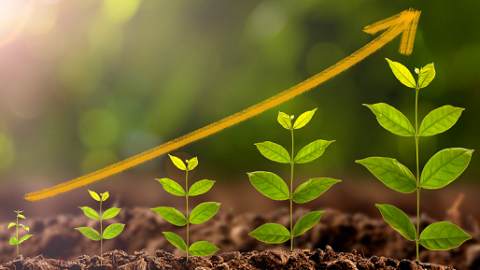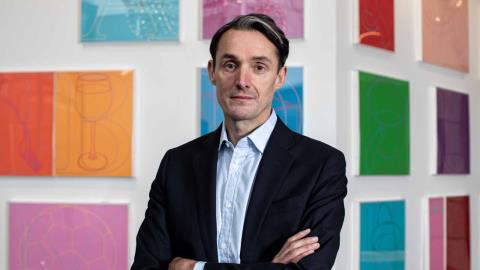Developed by the bank in collaboration with Monash Sustainable Development Institute and ClimateWorks Australia at Monash University, the initiative is being led by growing client demand for insights and pracital help.
“We’re seeing the increasing importance of companies having robust ESG strategies to get funding from investors,” says Westpac institutional bank chief executive Anthony Miller. “Within the decade, we can anticipate this being a must-have.”
He adds that ESG can’t be something that just a few people at the bank “do on the side”.
“We have to make sure every banker understands it and is immersed in it – that they have the language, the science and the intellect not just to help clients, but to do so by debating and testing them,” Miller says.
An early participant in the programme, Jody Mitchelmore, says he is seeing a shift in the way businesses are approaching ESG and that it was more than just the “E”.
“This training gave a good overview on the way climate change impacts customers, but it also took a broader view – it brought in the social impacts too,” says Mitchelmore, the bank’s head of institutional and corporate credit.
“For instance, a company which builds solar farms aligns with our climate change ambitions, but you need to look a little deeper and consider ESG impacts relating to the construction, operation and supply chain.”
Miller agrees social and human rights risks are also becoming increasingly important, even with the world’s massive task to combat climate change.
“Companies will need to change the composition of their portfolios, and adopt new business models to support net-zero, particularly for emission intensive sectors – for example, those in the energy, industrial and agricultural sectors,” Miller says.
“But ESG is a broad and growing space – and we have a significant role to play, which is also an opportunity.”,Westpac is to provide 800 staff with ‘practical take-aways’ for advising clients on environtmental, social and governance issues as more comanies seek help in transitioning to a net-zero future.,







